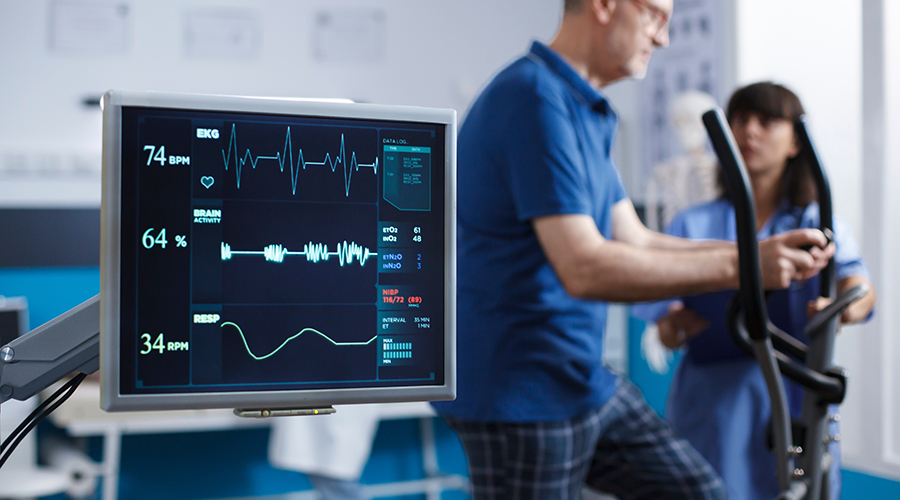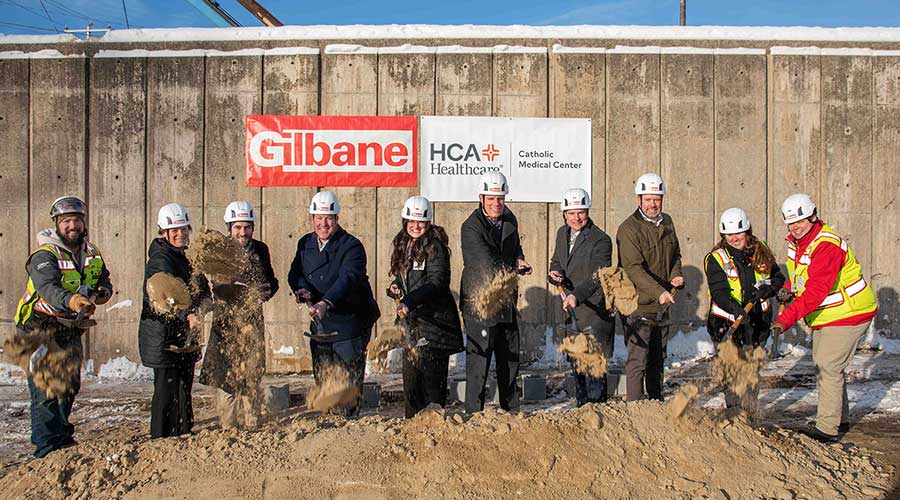An estimated one in 20 patients, or 12 million U.S. adults, will have a diagnostic error every year, according to a 2014 study. A diagnostic error is a diagnosis that is missed, wrong or delayed, as detected by some subsequent definitive test or finding.
Reaching a proper diagnosis, especially for more serious health conditions, often requires coordination among many doctors, nurses and technicians across primary care facilities and specialty practices. Errors between multiple physicians’ offices and laboratories can delay patients receiving their diagnosis or prevent an accurate diagnosis as a health condition progresses; this can create a serious and harmful impact on patient safety due to the resulting delay in treatment.
Because of this, The Joint Commission and the Society to Improve Diagnosis in Medicine (SIDM) collaborated on a new Quick Safety advisory: Advancing safety with closed-loop communication of test results. Closed-loop communication is a strategic, evidence-based solution that requires every test result to be sent, received, acknowledged and acted upon without failure. The practice is essential to reduce diagnostic error.
“This latest Quick Safety advisory introduces readers to one of the most important causes of medical error: the failure to inform patients of abnormal test results which require follow up,” said Ed Pollak, MD, patient safety officer and medical director, The Joint Commission. “The Joint Commission is grateful to have partnered with the leading organization focused on diagnostic error, the Society to Improve Diagnosis in Medicine, to develop this patient-centered article.”
The Quick Safety provides suggested strategies for implementing closed-loop communication, including:
- Establishing consistent processes to ensure that test results are communicated to a clinician responsible for follow-up care.
- Notifying patients of life-threatening test results through verbal means and ensuring positive confirmation of receipt.
- Improving web-based patient portal(s) to help patients access test results and better track their medical histories.
The advisory also highlights the current issues with communication between providers and patients, such as relying on imperfect electronic health record (EHR) usage practices. Some organizations also rely on web-based patient portals, which are not always the most effective way of communicating with a patient: patients frequently do not use the portals, or, in half of cases, the portals do not explain diagnoses, leaving patients to research their results themselves. Closing the communication loop with deliberate, verbal communication can prevent some of these errors.
For a complete list of action items and to access the full Quick Safety advisory, visit The Joint Commission website. The advisory may be reproduced if credited to The Joint Commission.
 The Top Three Pathogens to Worry About in 2026
The Top Three Pathogens to Worry About in 2026 Blackbird Health Opens New Pediatric Mental Health Clinic in Virginia
Blackbird Health Opens New Pediatric Mental Health Clinic in Virginia Baptist Medical Center Jacksonville to Get Inpatient Rehabilitation Unit
Baptist Medical Center Jacksonville to Get Inpatient Rehabilitation Unit Building Envelopes Emerge As Key Facility Components
Building Envelopes Emerge As Key Facility Components Catholic Medical Center Breaks Ground on New Central Energy Plant
Catholic Medical Center Breaks Ground on New Central Energy Plant